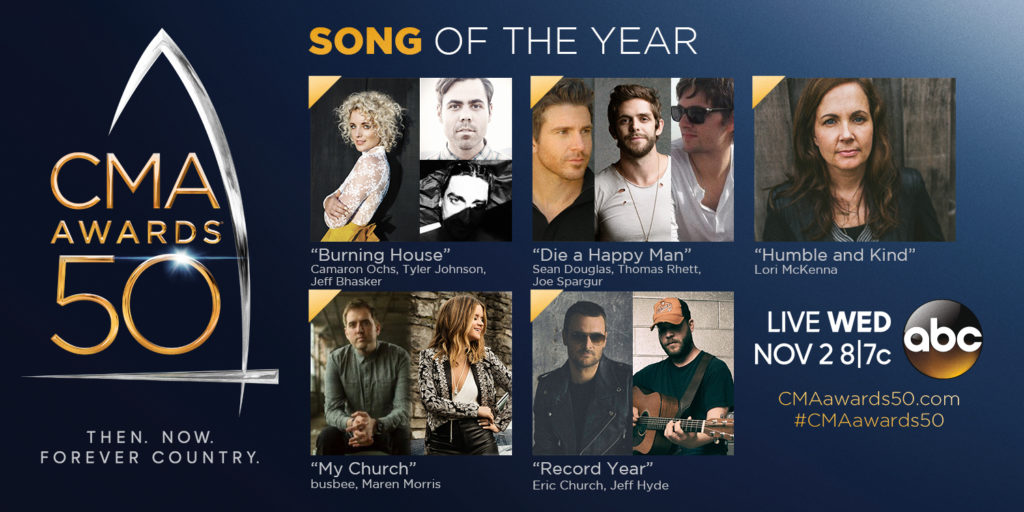Academy Awards Song of the Year: Top Winners Revealed

The Academy Awards, often referred to as the Oscars, have long celebrated the intersection of music and film, with the Best Original Song category being one of the most anticipated awards of the night. This prestigious honor recognizes the power of a song to elevate a cinematic experience, capturing emotions, driving narratives, and leaving a lasting impact on audiences. Over the decades, this category has showcased a diverse array of musical genres, from soulful ballads to upbeat anthems, each contributing uniquely to the films they accompany. In this exploration, we delve into the top winners of the Academy Award for Best Original Song, uncovering the stories behind these iconic tracks and their enduring legacy.
The Evolution of the Best Original Song Category

The Best Original Song category made its debut at the 7th Academy Awards in 1934, with “The Continental” from The Gay Divorcee taking home the first statuette. Since then, the category has evolved significantly, reflecting changes in the film industry, musical trends, and societal values. Early winners often featured big band and jazz influences, mirroring the popular music of the era. As decades progressed, the category embraced rock, pop, R&B, and even hip-hop, demonstrating the Oscars’ adaptability to the ever-changing musical landscape.
In the 1960s and 1970s, songs like "Raindrops Keep Fallin’ on My Head" from *Butch Cassidy and the Sundance Kid* (1969) and "The Way We Were" from the film of the same name (1973) became cultural touchstones, their melodies and lyrics resonating with audiences far beyond the theater. These songs not only complemented their films but also became standalone hits, dominating the airwaves and charts.
Iconic Winners and Their Impact

One of the most memorable winners is "Over the Rainbow" from *The Wizard of Oz* (1939), performed by Judy Garland. This timeless ballad has transcended its film origins to become an anthem of hope and aspiration. Its Academy Award win solidified its place in musical history, and it remains one of the most recorded songs of all time.
Another standout is “Moon River” from Breakfast at Tiffany’s (1961), composed by Henry Mancini and Johnny Mercer. This delicate yet profound song captured the essence of Audrey Hepburn’s character, Holly Golightly, and has since been covered by countless artists, ensuring its longevity in the musical canon.
The 1990s saw the rise of songs that not only won Oscars but also became global phenomena. "My Heart Will Go On" from *Titanic* (1997), performed by Celine Dion, is a prime example. Composed by James Horner and Will Jennings, this power ballad became synonymous with the film’s epic romance, topping charts worldwide and earning its place as one of the best-selling singles of all time.
The Role of Cultural and Social Context
The Academy’s choices often reflect the cultural and social climate of the time. For instance, “Streets of Philadelphia” from the 1993 film Philadelphia, written and performed by Bruce Springsteen, addressed the AIDS crisis with sensitivity and empathy. Its Oscar win highlighted the film’s message of compassion and understanding, making it a significant cultural milestone.
Similarly, “Glory” from Selma (2014), performed by Common and John Legend, resonated deeply with audiences during a period of heightened awareness around racial injustice. The song’s powerful lyrics and stirring melody not only earned it the Academy Award but also became an anthem for the Black Lives Matter movement.
Pro: Songs like "Glory" demonstrate how the Best Original Song category can amplify social issues, using music as a vehicle for change.
Con: Some critics argue that the category occasionally prioritizes social relevance over musical merit, potentially overshadowing more artistically innovative compositions.
The Craft Behind Award-Winning Songs
Creating an Academy Award-winning song is no small feat. It requires a delicate balance of lyrical depth, melodic appeal, and thematic alignment with the film. Composers and songwriters often collaborate closely with directors and producers to ensure the song enhances the narrative without feeling forced.
- Conceptualization: The song’s theme and tone are developed to align with the film’s emotional core.
- Composition: Melodies and lyrics are crafted, often undergoing multiple revisions to achieve perfection.
- Performance: The right artist is chosen to bring the song to life, adding their unique interpretation.
- Integration: The song is seamlessly woven into the film, often appearing in pivotal scenes to maximize impact.
Notable Trends and Patterns

Analyzing past winners reveals several trends. For instance, ballads dominate the category, with their emotional depth and universality making them a safe yet effective choice. Additionally, songs performed by well-known artists often have an edge, as their star power can amplify the song’s reach and appeal.
| Decade | Dominant Genre | Notable Winner |
|---|---|---|
| 1950s | Showtunes | "High Noon" (1952) |
| 1980s | Pop | "Up Where We Belong" (1982) |
| 2000s | R&B/Pop | "Lose Yourself" (2002) |

The Future of the Best Original Song Category
As the film industry continues to evolve, so too will the Best Original Song category. With the rise of streaming platforms and global audiences, there’s an increasing emphasis on creating songs that resonate universally while maintaining cultural authenticity. Emerging genres like K-pop and Latin music could play a larger role in future nominations, reflecting the diversity of today’s musical landscape.
Moreover, the integration of technology in music production and distribution may lead to innovative approaches in songwriting and performance, potentially redefining what constitutes an "original song" in the context of film.
FAQ Section
What is the criteria for a song to be eligible for the Best Original Song Oscar?
+To be eligible, a song must be original, with both music and lyrics written specifically for the film. It must be clearly audible, performed within the body of the film, and meet specific submission requirements outlined by the Academy.
Which artist has won the most Best Original Song Oscars?
+Composer Alan Menken holds the record for the most wins in this category, with eight Oscars to his name, largely for his work on Disney animated films like *The Little Mermaid* and *Beauty and the Beast*.
Has a hip-hop song ever won the Best Original Song Oscar?
+Yes, "Lose Yourself" by Eminem from the film *8 Mile* (2002) became the first hip-hop song to win the award, marking a significant milestone for the genre.
Can a song from a documentary win the Best Original Song Oscar?
+Yes, songs from documentaries are eligible, provided they meet the same criteria as songs from narrative films. For example, "I Need to Wake Up" from *An Inconvenient Truth* (2006) won the award.
How are the nominees and winners selected?
+Nominees are chosen by the Academy's Music Branch members through a preferential voting system. The winner is then determined by a final round of voting involving the entire Academy membership.
Conclusion
The Academy Award for Best Original Song is more than just a recognition of musical talent; it’s a celebration of the symbiotic relationship between music and film. From the nostalgic melodies of “Over the Rainbow” to the socially charged lyrics of “Glory,” these songs have not only defined their respective films but also left an indelible mark on popular culture. As we look to the future, the category promises to continue evolving, reflecting the ever-changing landscape of music and cinema while honoring the timeless power of a great song.



